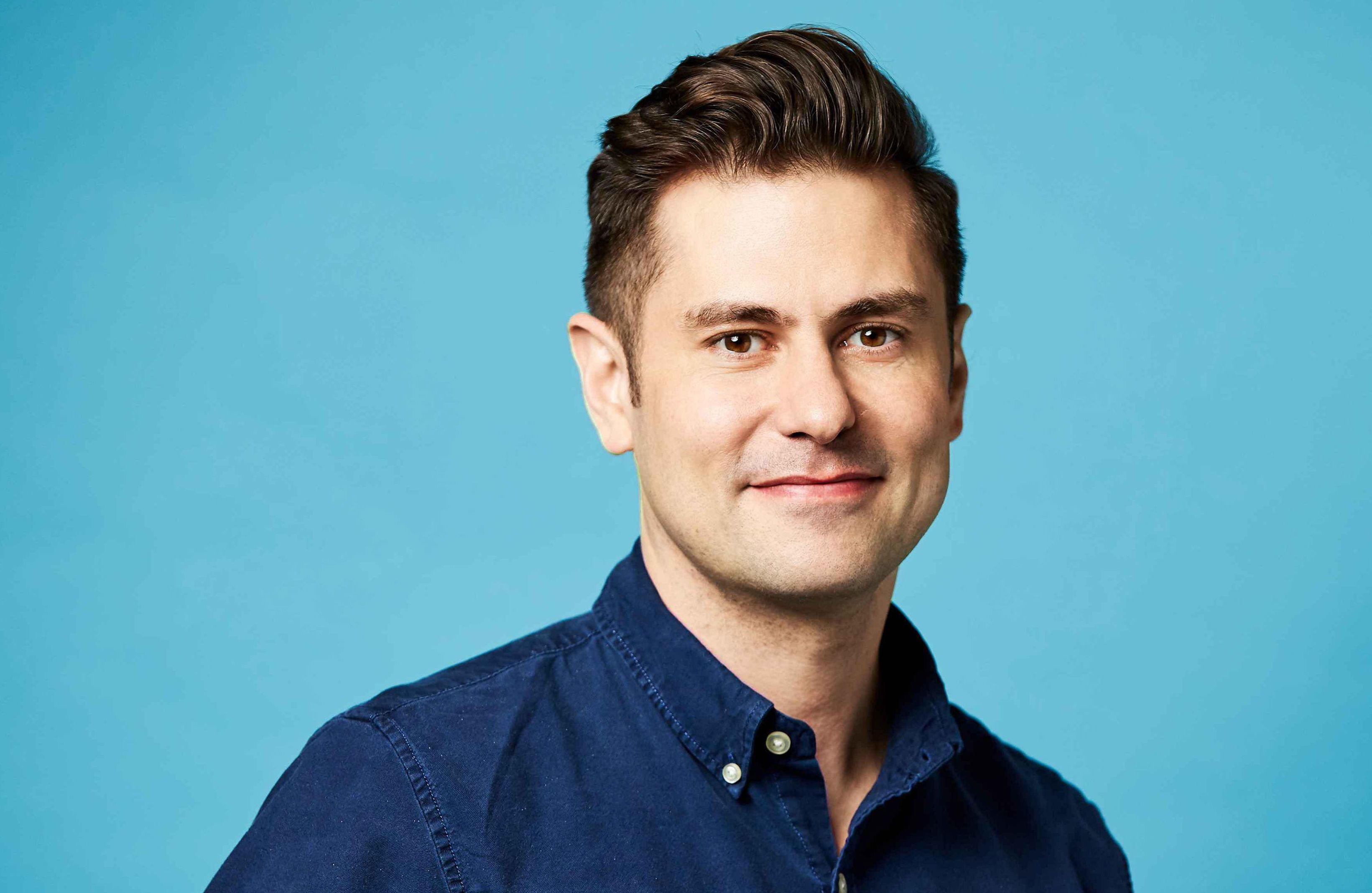
Peter Hames
Big Health CEO Peter Hames wants people to use his app to treat their insomnia — and then delete it for good.
His app, Sleepio, essentially works by leveraging an approach known as cognitive behavioral therapy, which aims to give users the tools to manage their own thought patterns differently and overcome their anxieties.
But some investors view this goal of curing insomnia permanently as a problem, and have passed on funding the company as a result, he says.
“Some investors are shocked when I tell them that I actively want people to stop using my app,” he explained. “But if you’re really serious about making an impact in health care, you should care about helping people get and stay healthy.”
In digital health, a burgeoning space that is attracting billions of dollars in venture capital, investors are most attracted to business models that involve recurring revenue from users who will continue to use the app or service forever. As a result, digital health products that have attempted to cure or prevent a health condition have historically struggled to raise funding, health experts say.
“Digital health, and health care more broadly, makes it really challenging to align the profit-motive of a capitalist system with preventative and fully curative solutions,” said Bill Evans, managing director of Rock Health, an investment and research firm specializing in digital health. “It can be done but it’s hard work.”
Most investors won’t admit to this kind of skepticism about funding curative approaches in public, but an April 2018 report from the investment bank Goldman Sachs summed it up well.
“Is curing patients a sustainable business model?” the report asked. It went on to state that such treatments might have societal benefit, but the entrepreneurs might struggle with “sustained cash flow.”
Pharma and biotech companies have a different business model that lets them charge super-high prices for their curative treatments. So for some, it’s worth investing in the research.
Most digital health companies do not.
But Big Health’s Hames believes there’s a way to do it. And he’s raised more than $ 15 million for his start-up from backers, including Kaiser Permanente’s venture arm, who have gotten behind his vision to treat people of their ailments, and not just alleviate their symptoms.
Here’s how:
- The potential market needs to be very large. Some 60 million people struggle with sleep disorders in the U.S. alone, for instance.
- It helps to replace an intervention that isn’t super effective. In Sleepio’s case, that’s sleeping pills, which come with serious side-effects and don’t work for a lot of people over time.
- The app or service needs to be proven to work. Big Health has published a number of studies to show that it continues to be effective for months after the weeks-long intervention is over. Researchers at Oxford University published a paper in JAMA Psychiatry last year involving 1,700 adults, which found that about three quarters of people saw an improvement in their sleep and well-being after completing the six-week Sleepio program. That prompted the U.K.’s National Health Service to begin paying for consumers to use the app.
Hames is far from alone in building a business that is trying to keep people healthy so they don’t need to keep engaging with the medical system.
Virta Health has a virtual clinic to help people with type 2 diabetes wean themselves off medicines through lifestyle change. And Kurbo Health, which was acquired by Weight Watchers in 2018, is designed to be used by children with obesity until they lose weight.
As with Sleep.io, the user-base for these companies is substantial. More than 100 million in the U.S. alone are living with diabetes. And 14 million children and adolescents are obese, according to the Centers for Disease Control and Prevention.
Because of that, these entrepreneurs are getting away with the same reasoning that’s been applied to dating apps. Once a user finds a love match, they will no longer need to use the service. But dating is a huge and compelling market, so there’s always going to be a fresh crop of users that need some help finding love. In fact, Hinge’s CEO recently made the case that he hopes users will delete his app.
Likewise, there are plenty of people with untreated mental and physical ailments.
“Of course there’s always the possibility that we run out of depression and anxiety patients to help,” acknowledges Hames. “But I see that as a pretty good outcome.”
